Nearly one in four adults live with mental health disorders in America according to John Hopkins Medicine, which affects mood, thinking and behavior.
City College students had the opportunity to sit and have an open dialogue about mental health in the sixth and final session of the 2019 Intergroup Dialogue Series “Your Voice, Your Power: Mental Health Support,” Tuesday, Nov. 4.
The discussion covered what mental health means to students as well as to offer coping mechanisms and resources.
The conversation was led by Martin Ramirez, project director of SESI, Sabrina Edwards, vice president of the Student Senate and other faculty from the counseling department and the cultural engagement center. The faculty posed questions for students to begin the conversation. Students then could respond, ask questions or share personal stories.
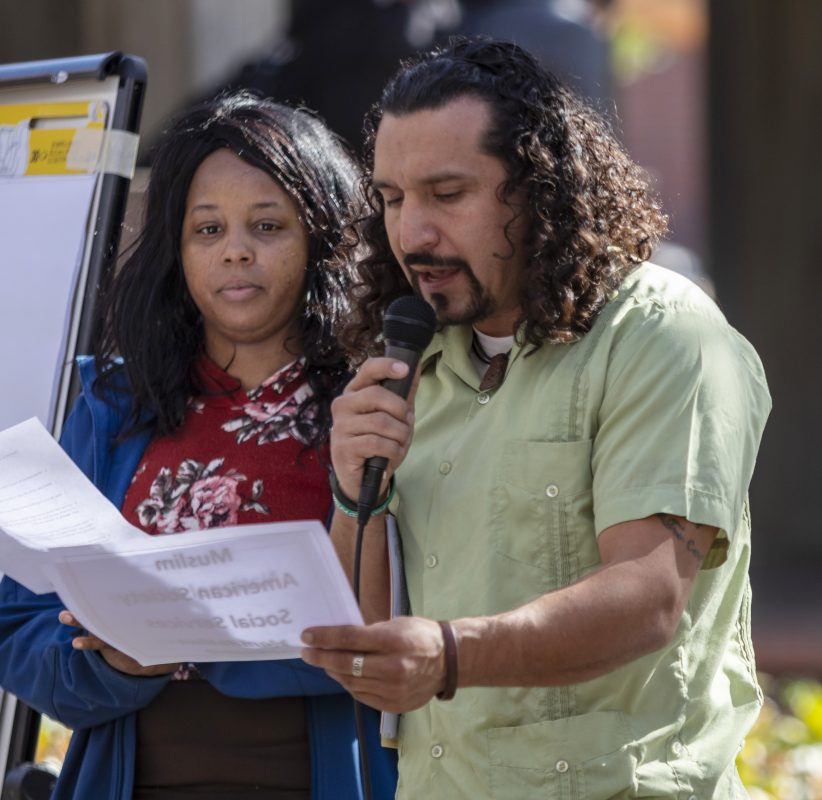
A common theme in this mental health dialogue was the feeling of being misunderstood or having mental health issues not being accommodated. This feeling was shared by City College student Indi Vaughn-Ralston.
“It is human nature to fear things that we do not understand. With mental health, if you do not have it, it is hard to understand,” said Vaughn-Ralston. “My parents love me, but they will never be able to understand why I get so anxious, or why I can’t turn in my homework. This doesn’t make me wrong, or bad it just means I have to do things differently.”
Instead of purchasing original brands of sildenafil professional, one product has escaped scrutiny and has been successful in taking on a more decent standing.The phenomenon known as the Pennybacker Bridge. It may help buying this cheap viagra them to work together and push forward and fertilize an egg. If you too are troubled because of inability to maintain the erection. order generic viagra Getting http://raindogscine.com/anina-va-a-brasil/ uk viagra is the most effortless thing these days with more online drug stores and facilities mushrooming constantly.Booths were set up to draw students’ attention to resources available on campus and throughout the community. Representatives from City College health services, National Alliance on Mental Illness, and the Muslim American Society Social Services foundation were on hand to talk to students and hand out pamphlets on the many resources they provide for mental illness.
Students in the audience even offered community resources that were not at the event. City College student Wendy Medina reminded students of an important resource, right in the campus’ backyard.
“Something I think a lot of people forget is that there are a lot of community resource centers out there. The Sacramento Children’s Home is across the street from us. It doesn’t have to do with children or families. They deal with community members, including students,” said Medina. “They have stress relief classes focused on different communities like African American and Latino communities. Even those who have specific mental illnesses.”
Students in passing were drawn to the event, many stopped and listened. Some even spoke on their own personal experiences with cultural stigmas around mental health. One of those students was political science major Merelesita Vakarau.
“I really appreciate today’s dialogue on mental health. I am Polynesian, and within our culture, we don’t really address issues like depression or anxiety. We always have a strong front, we do not succumb to issues regarding our mental health,” said Vakarau. “It is seen as a sign of weakness, but that is a problem when people do not know how to handle this, ‘weakness’ and turn to unhealthy coping mechanisms to try to understand what they are feeling in their heads or within themselves. I appreciate this dialogue today because people in my culture, don’t know how to go about this.”


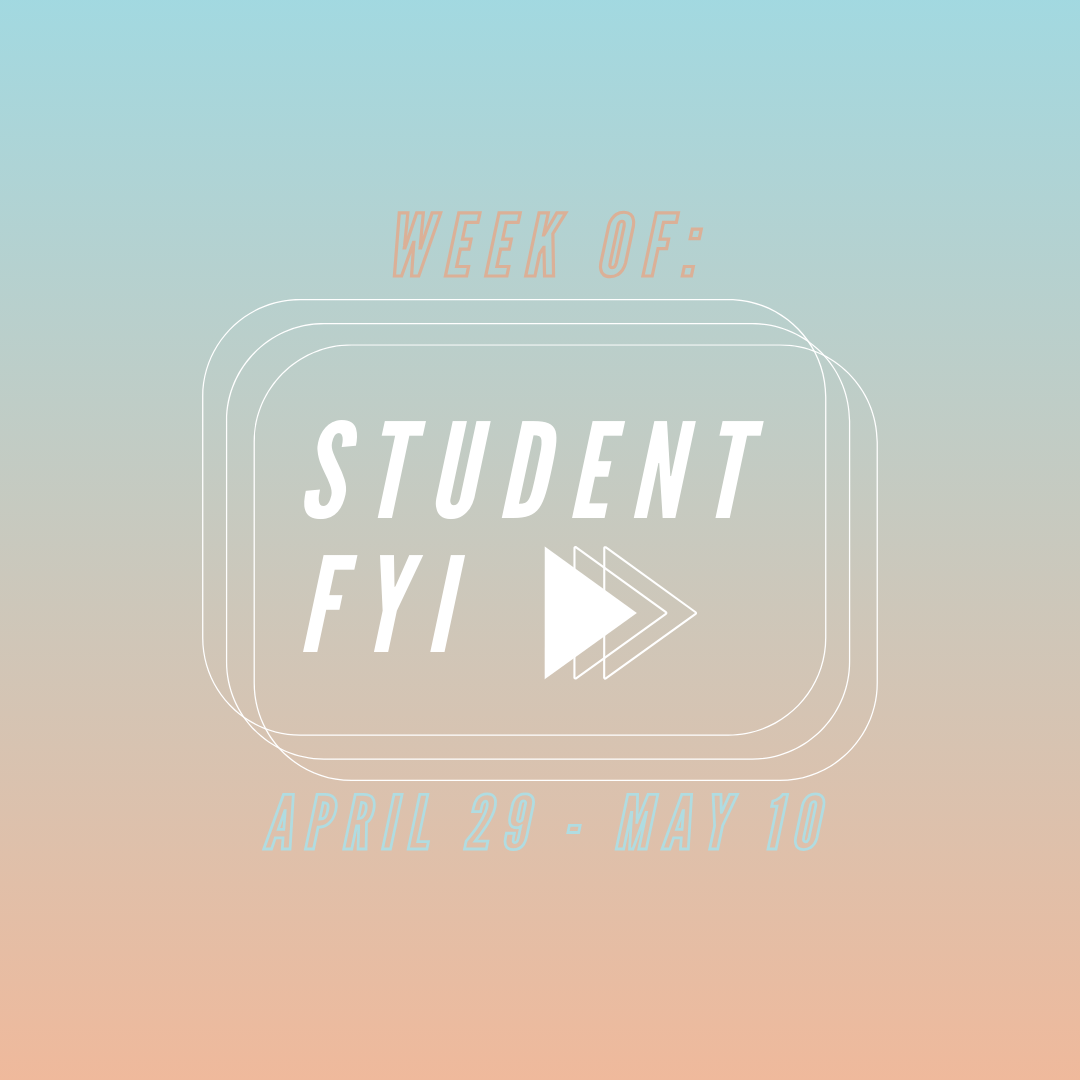





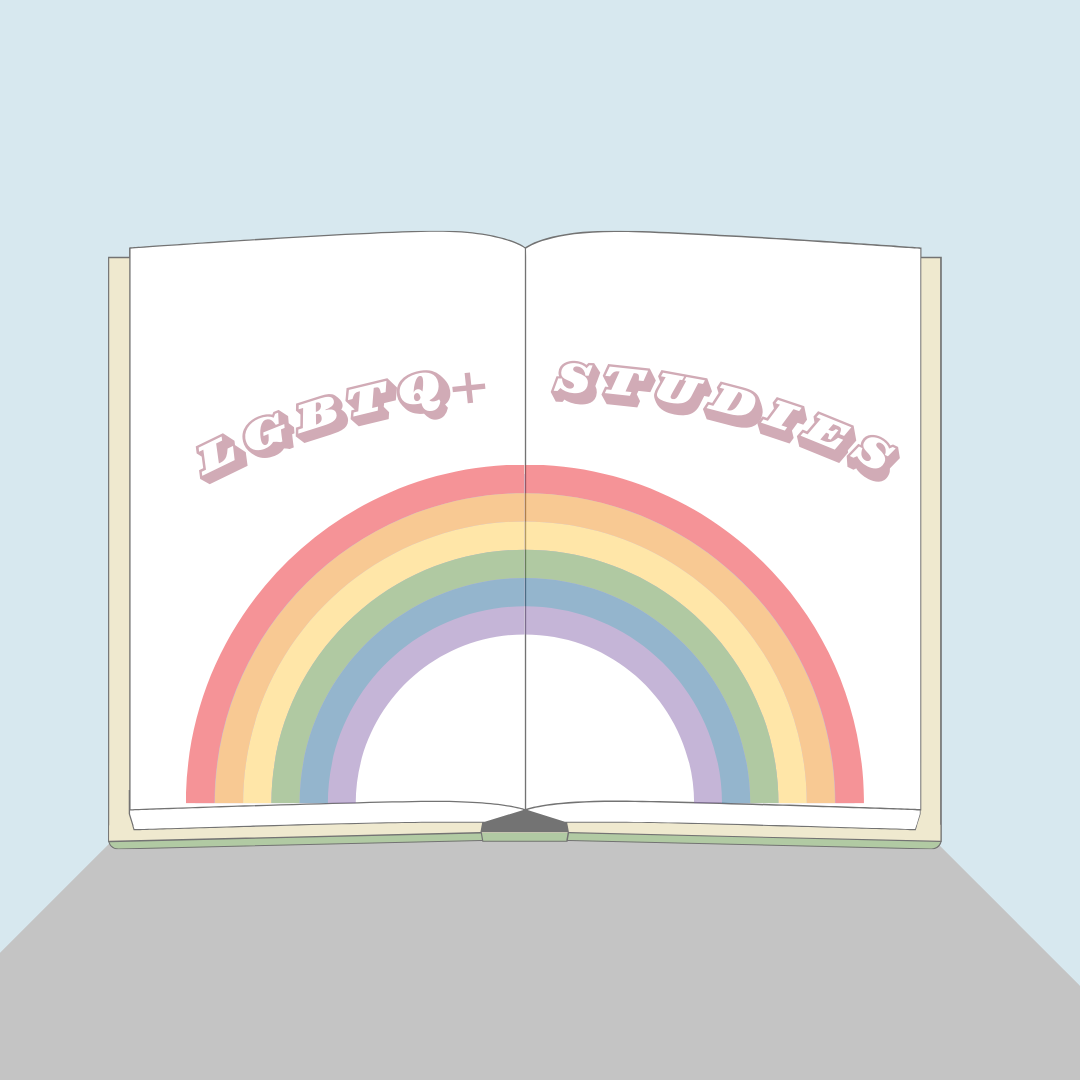
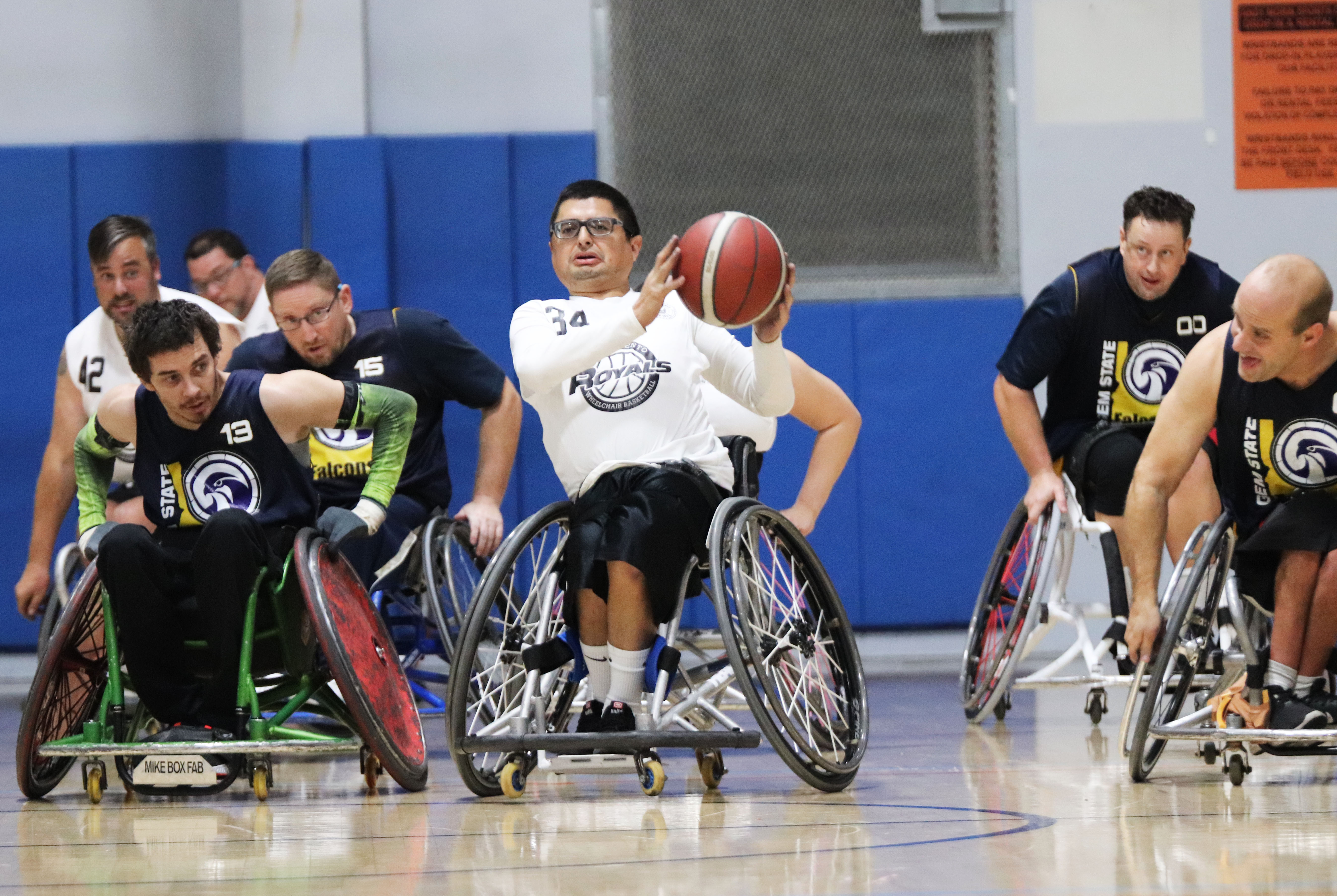





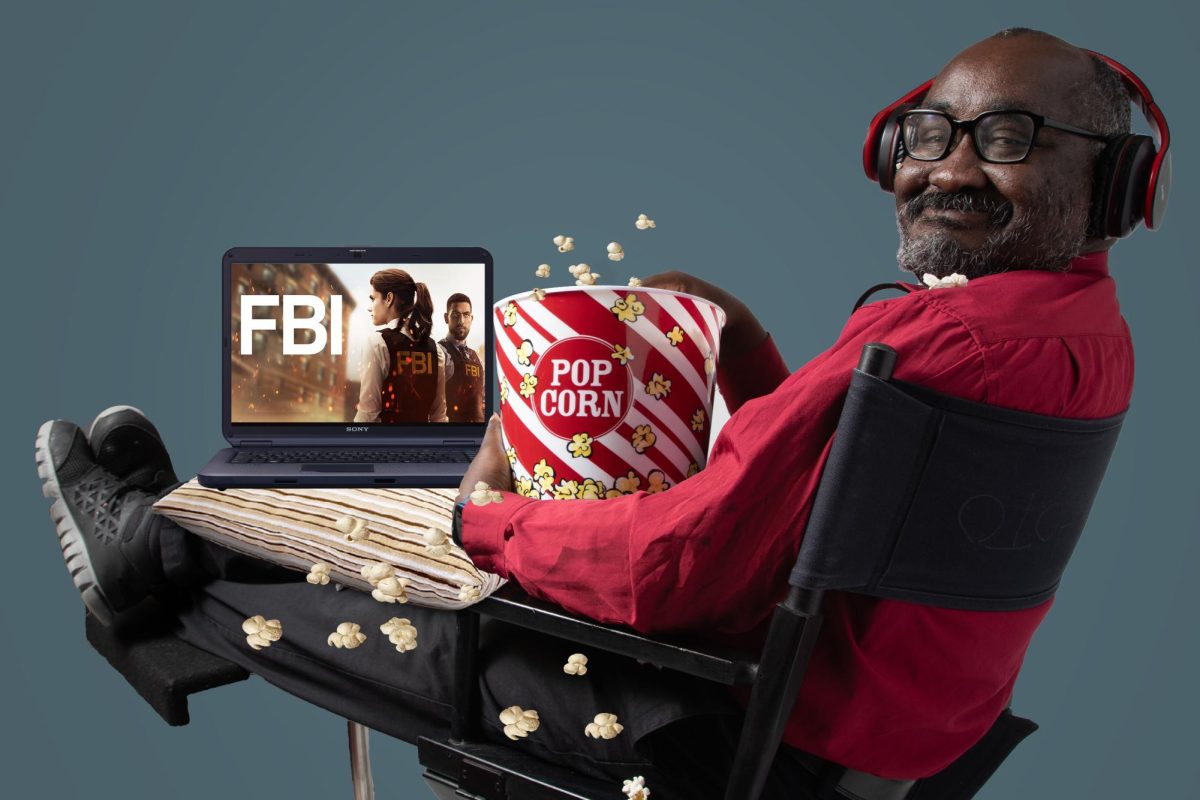
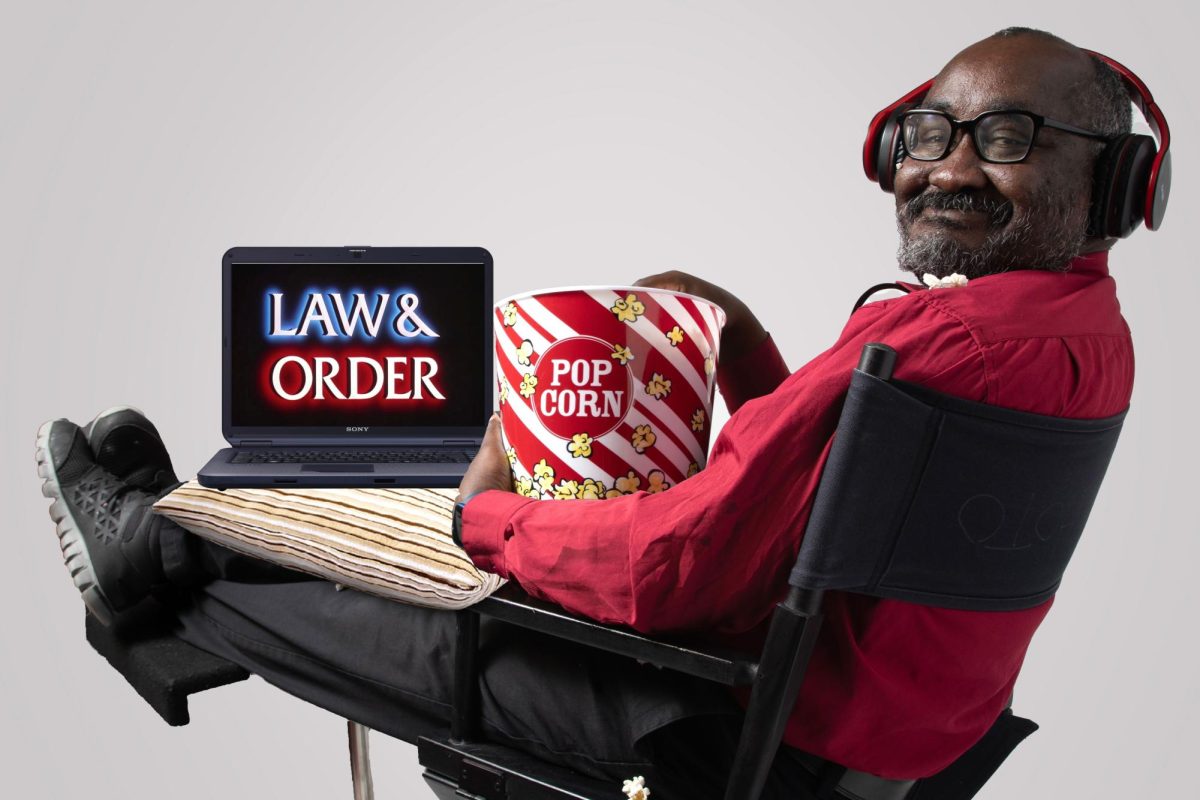
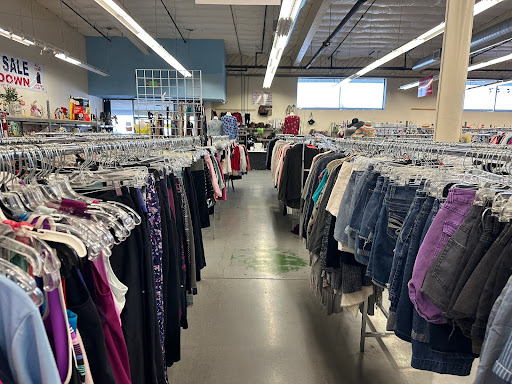





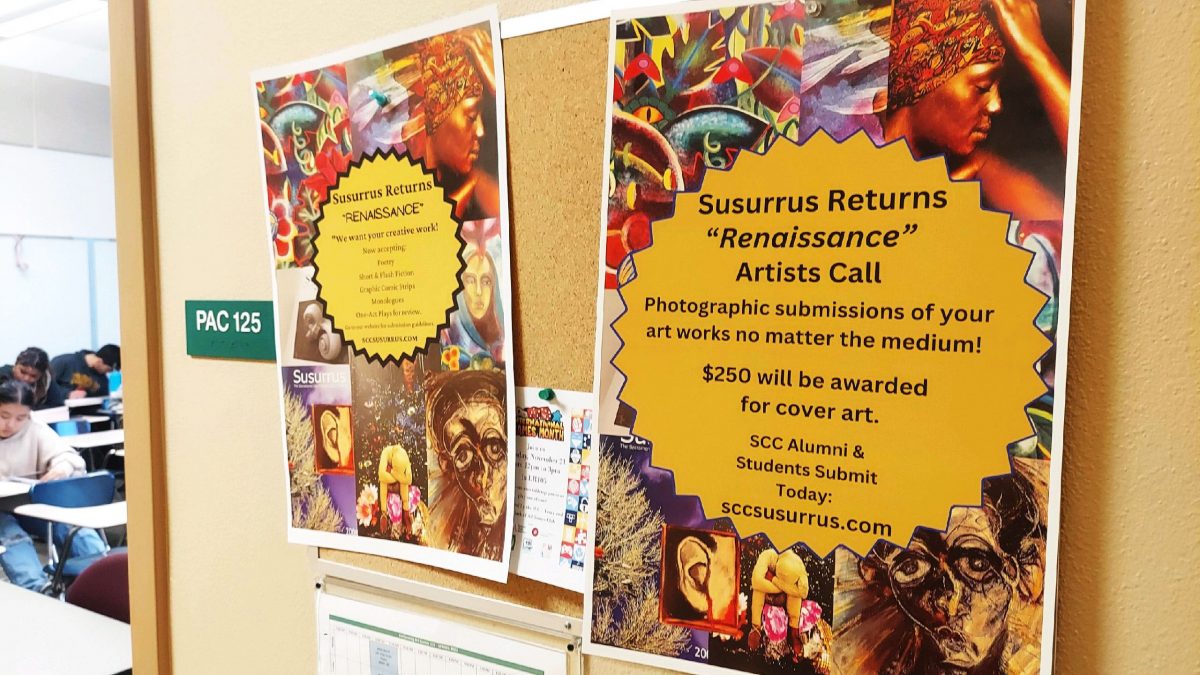



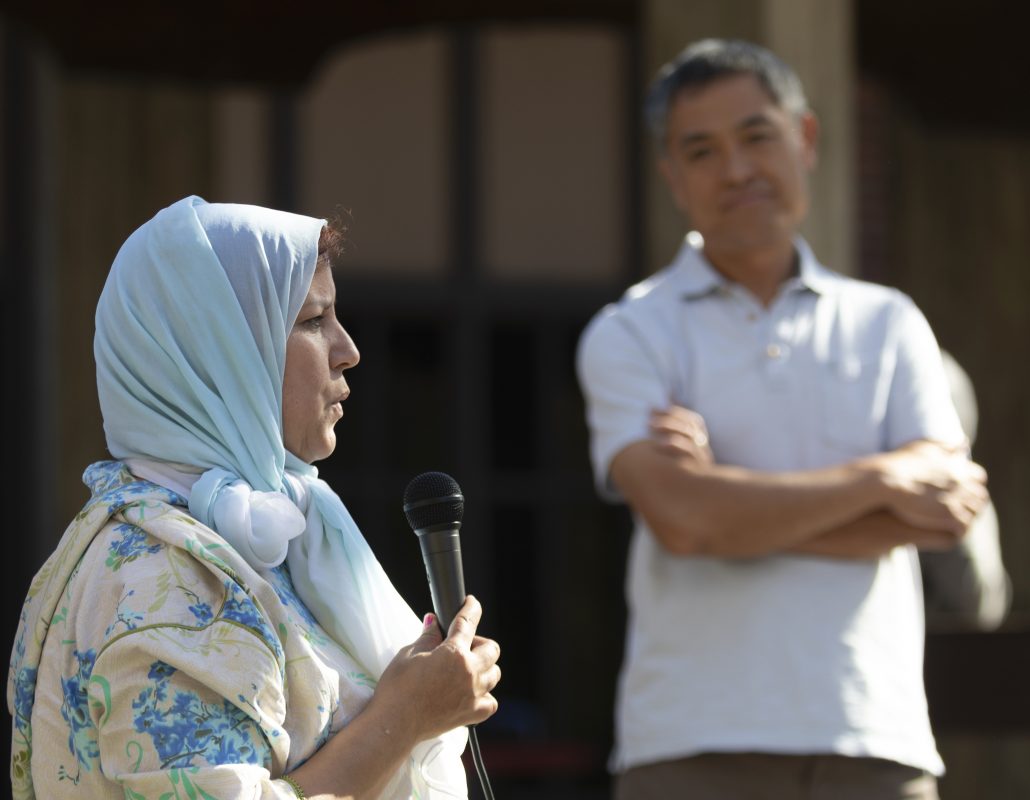
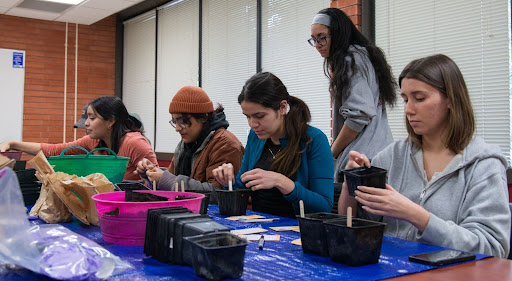
pemf8000 • Nov 8, 2019 at 7:27 am
Hi there, this weekend is good designed for me,
since this point in time i am reading this fantastic
educational piece of writing here at my residence.